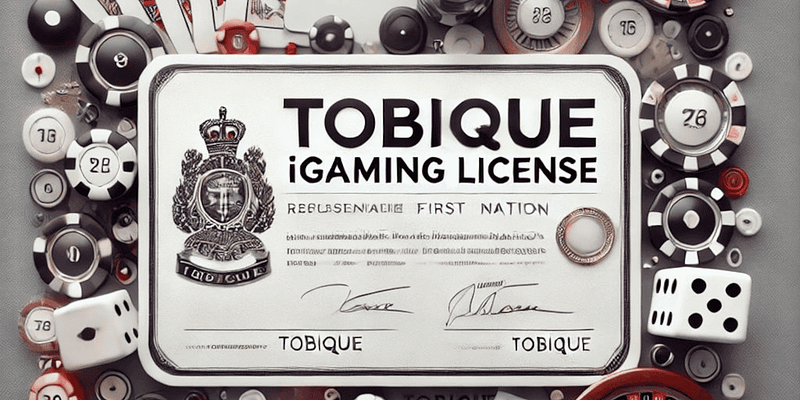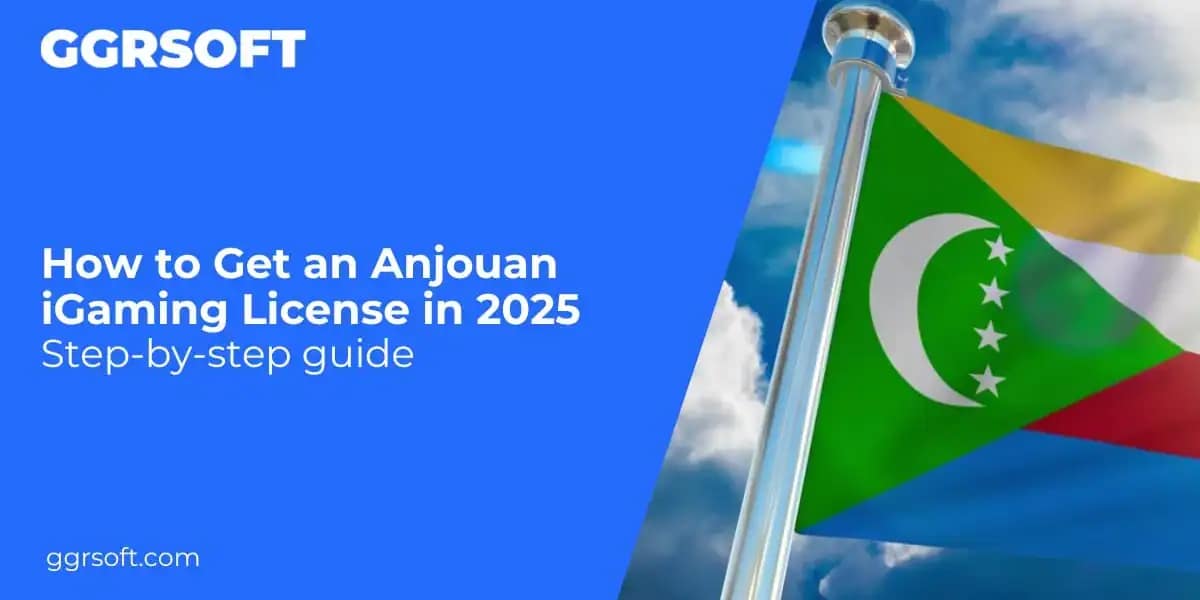
Facing unlicensed casino problems? See why providers block you, payments fail, and how a license solves these critical issues for your business.
MEET US AT SIGMA EUROPE

The Tobique iGaming License originates from the Tobique First Nation, part of the Maliseet or Wolastoqiyik tribe in New Brunswick, Canada. The community, like many other Indigenous groups in Canada, has sought to use gaming as a means to economic development and self-sufficiency.
Early Beginnings (1980s-1990s): Indigenous gaming in Canada began to gain traction in the late 1980s and early 1990s, following the success of Native American gaming enterprises in the United States. The Tobique First Nation, observing these developments, recognized the potential of gaming as a revenue source.
Establishment of the License (2000s): The formal establishment of the license occurred in the early 2000s. This move was part of a broader trend among Canadian First Nations to assert their sovereignty and develop independent economic activities. The license was designed to regulate gaming activities within the Tobique First Nation’s territory.
Growth and Challenges (2010s): Throughout the 2010s, the Tobique iGaming License facilitated the growth of various gaming operations, including casinos and online gaming platforms. However, the community faced challenges such as regulatory scrutiny, competition from other gaming operations, and the need for infrastructure development.
Recent Developments (2020s): In recent years, the Tobique License has adapted to the evolving landscape of the gaming industry, incorporating new technologies and expanding online gaming options. Efforts have been made to ensure fair play, responsible gaming, and community benefits.
Pros:
Cons:
Overall, the Tobique iGaming License stands as a testament to the innovative and determined approach of the Tobique First Nation in leveraging gaming as a tool for economic development, cultural preservation, and community empowerment. While challenges remain, the license continues to evolve in response to industry trends and community needs, making it a significant initiative in the Canadian gaming landscape.
For more detailed information or to explore opportunities under the Tobique iGaming License, you can contact the experts at GGRSOFT for professional guidance and support.


Facing unlicensed casino problems? See why providers block you, payments fail, and how a license solves these critical issues for your business.

Japan online casino market regulation 2025 guide: licensing process, legal framework analysis, and strategies for successful market entry.

How to get an Anjouan iGaming license in 2025. Learn about costs, steps, and updates in this quick and practical guide.
Let’s Connect
